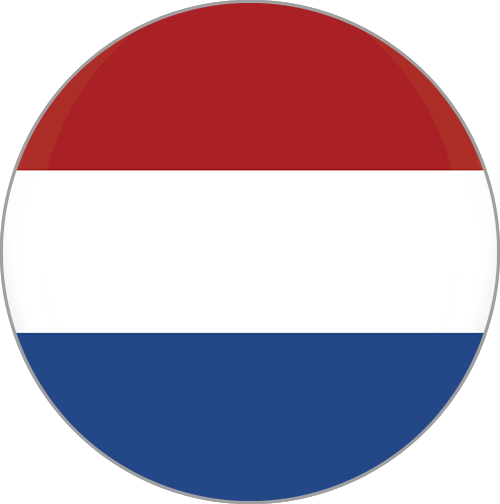Young European Academy of Paediatrics
Young EAP is the network of national junior paediatric representatives within the EAP.
Young EAP exists to support the work of EAP in the areas of education, innovation and advocacy.
ABOUT YEAP
Young EAP is the network of national junior paediatric representatives within the EAP. Young EAP exists to support the work of EAP in the areas of education, innovation and advocacy. This network was established officially by the General Assembly of EAP during the EAP Winter Meeting 2017. Twenty-five countries are currently represented within Young EAP. Several national representatives are also involved in national junior paediatric societies and sections; as such, they bridge the distance between paediatric trainees in their country and Young EAP, and provide valuable input to challenges that need to be more widely discussed.
In 2016, the Executive Committee of the EAP expressed its wish to involve trainees more directly in its educational and advocacy activities. Therefore, in December 2017, a new network of paediatric trainees called Young EAP was officially established by the General Assembly of the EAP. Several trainees are not only active within Young EAP but are also involved in national junior paediatric societies or sections; as such, they bridge the distance between paediatric trainees in their country and Young EAP, and provide valuable input to challenges that need to be more widely discussed. Nowadays, trainees are exposed to a variety of challenges related to education, the workforce and (in)equities in health. Countries in Europe face common challenges, but respond in different ways depending on their history, health and financing systems, and educational resources. These variations between countries provide important opportunities to learn from other’s experiences. Young EAP exists to support the objectives, powers and means of action of the EAP. Supported by EAP, national junior doctor representatives within this network meet every month, via an online platform, to work on projects that aim to educate, innovate or advocate in the field of child health. The network has planned several educational webinars featuring international guest experts who will share innovative ideas that are focused on the future of child health and paediatric training, that can be further developed and implemented by paediatric trainees. More information about Young EAP projects can be found here.
Young EAP members are supported by a Core Group, consisting of a Chair, Vice-Chair and Secretary, and several Young EAP representatives, for example those for the European Board of Paediatrics and Advocacy. These members interact and work closely with members of the EAP, including its Executive Committee.
The EAP established Young EAP to provide paediatric trainees with opportunities and resources on education, innovation, advocacy, and networking. The EAP believes it is beneficial for paediatric trainees to have a forum where they can meet with each other as well as with experts within the EAP in order to strengthen their professional and social network. Ultimately, Young EAP will deliver future paediatricians who have an interdisciplinary point of view, have grown into leadership roles and will be the change agents that are needed to further strengthen child health across Europe.
VISION AND MISSION
Young EAP members are attending YEAP monthly meetings and are actively involved in achieving YEAP objectives. Members that are officially nominated the by their corresponding national society are full members of Young EAP and are able to vote on behalf of their country.
- Represent the interest of paediatric trainees within the European Academy of Paediatrcs (EAP)
- Advise the Executive Committee of the EAP on matters related to trainees and training
- Act as EAP think tank
- Participate in relevant EAP councils, committees and working groups
- Be a formal member of organizing committees of the EAPS Congress and the EAP MasterCourse
- Share research experience and opportunities across Europe
- Share clinical opportunities across Europe
- Participate as a member of the EAP visiting committee during accreditation visits of European expert centres
- Represent the EAP in the communication with junior sections/trainee representatives of EAP’s subspecialty societies and promote interdisciplinary courses and symposiums
- Advocate about European and national issues related to the health of children and specifically include the trainee voice
OFFICIALS
YOUNG EAP OFFICIALS
Young EAP members are supported in their work by the Young EAP Chair, Vice Chair, Secretary and the Representatives for European Board of Paediatrics, Advocacy & Migrant Health.
CORE GROUP
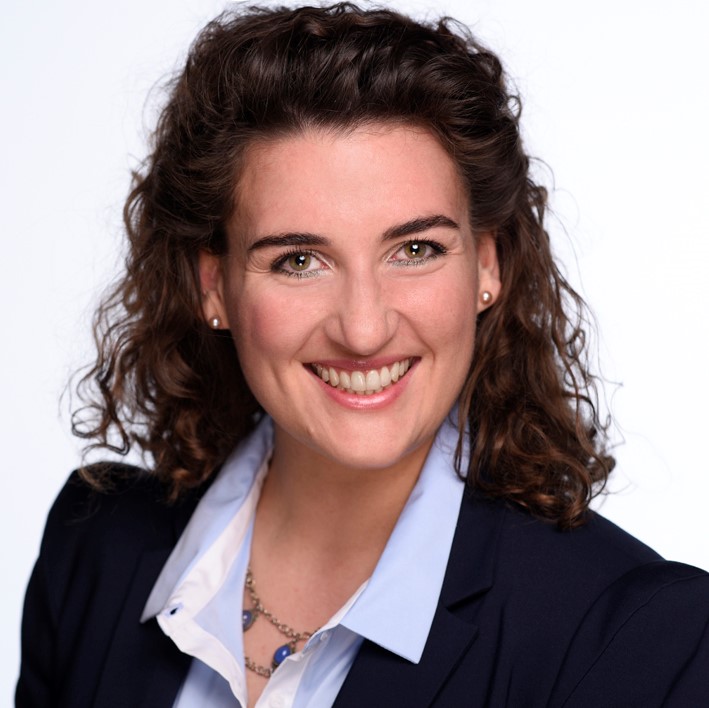
Nora Karara
Chair of Young EAP | Young EAP Representative for Infection Control/Vaccination & Young EAP Delegate, EAPRASnet Steering Committee
Germany
Nora Karara is a paediatric resident and global public health enthusiast, currently working in primary paediatric care in Berlin..
She is an active founding member of the Young German Society of Pediatrics and Adolescent Medicine and proud to be a be a part of the European Academy of Paediatrics. She currently also holds the position of Representative for Infection control and Prevention, is a member of the EAPRASnet committee and enjoys partaking in various Strategic Advisory Groups.
Nora is excited to be the new chair of YEAP and sees this as a great opportunity to improve paneuropean physicians’ training, promote child health and – together with her colleagues- bridge the gaps between our countries for a brighter European future in Paediatrics.

Sian Copley
Vice Chair of Young EAP & Young EAP Representative for Advocacy
United Kingdom
Gastroenterology, Hepatology and Nutrition. She has an interest in medical education, holding a masters degree in this field, and is keen to work on improving the quality of paediatric training and experience of paediatric trainees. As well as being secretary of Young EAP, Siân represents Young EAP within the EAP Advocacy working group and is passionate about improving health outcomes for children and advocating for them to be central to policy decisions.

MAŠA BRUMEC
Secretary of Young EAP
Slovenia
Maša is a second year pediatric resident currently living in Maribor, Slovenia. She started her academic journey at the Medical Faculty, University of Maribor, earning a medical degree in 2020. Embarking on a fulfilling career, she became a pediatric resident in 2022, contributing to primary care while engaging in rotations across various pediatric departments. Her passion lies in neonatology with a distinct preference for acute medical settings that demand critical thinking over sole memorization. She also enjoys working with preschool children in a primary care setting.
In 2023, she enthusiastically joined yEAP driven by a profound desire to connect with like-minded professionals and further enhance her expertise in pediatric medicine.
REPRESENTATIVES FOR EDUCATION AND ADVOCACY

Debora Calderoni – Young EAP representative for EBP
United Kingdom
Debora is the Young European Academy of Paediatrics (yEAP) representative for the Royal College of Paediatrics and Child Health (RCPCH). She earned her medical degree in Italy before relocating to the United Kingdom to pursue her paediatric training. Debora achieved her Membership to RCPCH in 2023 and is an active member of the UK National Paediatric Trainee Committee. With a profound interest in Paediatric Oncology, she has participated in various national and international projects within this specialty.
Passionate about education and the enhancement of paediatric training, Debora serves as the EBP representative for yEAP. In this role, she has contributed to the development and selection of cases for the EAP Learning App and helped organising the Core Knowledge in Paediatrics Course.
Debora is a firm advocate for the collaborative efforts of paediatricians across Europe and beyond, believing that such cooperation is essential for a brighter future for children.
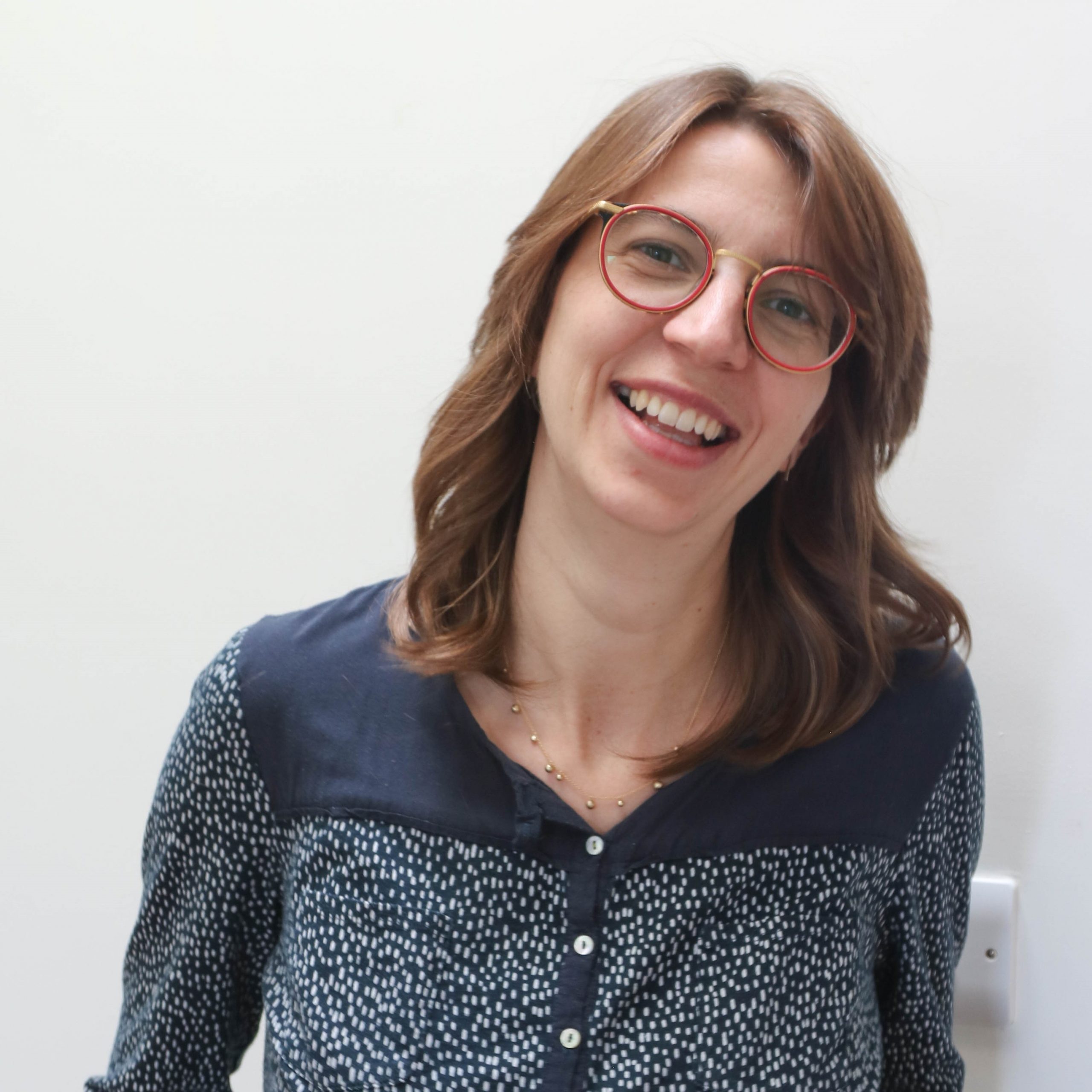
francesca seregni – EAP Fellow
United Kingdom
Cambridge University Hospitals
Francesca graduated in Medicine from the University of Milan, Italy, and she has been training in Paediatrics since 2015 in East of England, UK. She completed her Membership exams of the Royal College of Paediatrics in 2017 and she started her sub-specialty training in Paediatric Neurodisability in Cambridge in 2021. Having first-hand experience as an international medical graduate, she appreciates the importance of harmonising training and creating common standards for Paediatricians in Europe. She has a long-standing interest in representing trainees and during her role as young EAP representative within the European Board of Paediatrics (EBP), she helped the set-up of the European Paediatric Exam and the new EAP educational resources, including the EAP Learning App and the Core Knowledge in Paediatrics course. She hopes that those and future initiatives will facilitate the cross recognition of training, and movement of trainees across Europe and beyond.

Paul Torpiano – EAP Fellow
Young EAP Representative for Migrant Health
Malta
He graduated as a Doctor of Medicine and Surgery at the University of Malta in 2012.
He completed training in General Paediatrics in the Department of Paediatrics and Adolescent Health at Mater Dei Hospital in Malta in 2020, and went on to sub-specialise in paediatric infectious diseases and immunology at the same institution in 2023. He is a member of both the Royal College of Paediatrics and Child Health and the Royal College of Physicians, and read for a Postgraduate Diploma and subsequent Master of Science in Paediatric Infectious Diseases with Oxford University from 2016-2019. He worked as Senior Trust Fellow in Paediatric Immunology at Great Ormond Street Hospital from 2021-2022, and then as Clinical Fellow in Paediatric Infectious Diseases at St George’s University Hospital in London, UK in 2022. He is currently working as a Resident Specialist in Paediatric Infectious Diseases and Immunology at Mater Dei Hospital in Malta, and his specific interest is in inborn errors of immunity. He was elected national representative of Maltese paediatric trainees on the Young European Academy of Paediatrics in July 2017, and appointed as Young EAP representative for migrant health in March 2018, completing 2 terms as Maltese representative in 2023 and thereafter being nominated as one of the first EAP Fellows. Beyond his academic and professional pursuits, Paul is an active pianist and musician in the Maltese music scene, and enjoys playing field hockey and CrossFit.
MEMBERS
Young EAP members are attending YEAP monthly meetings and are actively involved in achieving YEAP objectives. Members that are officially nominated the by their corresponding national society are full members of Young EAP and are able to vote on behalf of their country.

BELARUS
Anna Lastovka
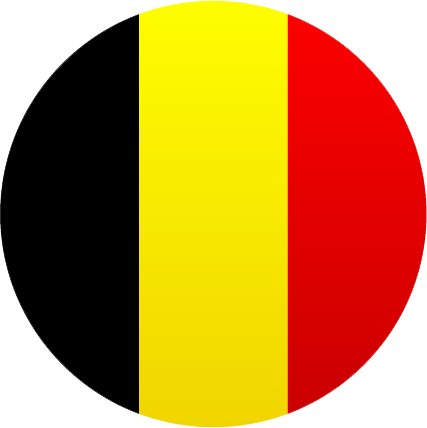
BELGIUM
Amber Van Baelen
Antwerp University Hospital

CROATIA
Ivan Jakopčić
Neno Poljak

Czech Republic
Sabina Pavlikova
Department of Pediatrics and Inherited Metabolic Disorders of the First Medical Faculty of Charles University and the General University Hospital
Veronika Pokorna
University Hospital Hradec Králové
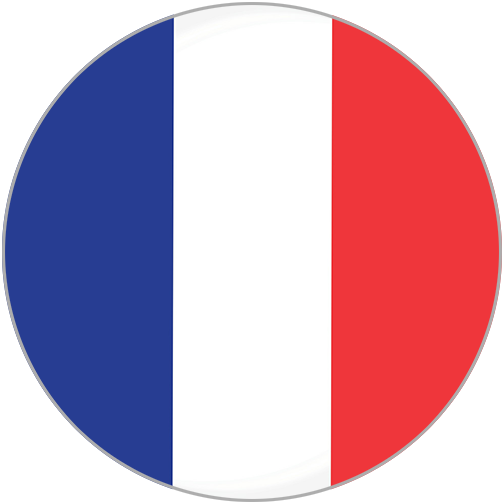
FRANCE
Pediatric Emergency department, robert Debré Hospital, Paris
Lea Linglart
Pediatric Cardiology Department, Necker Hospital, Paris
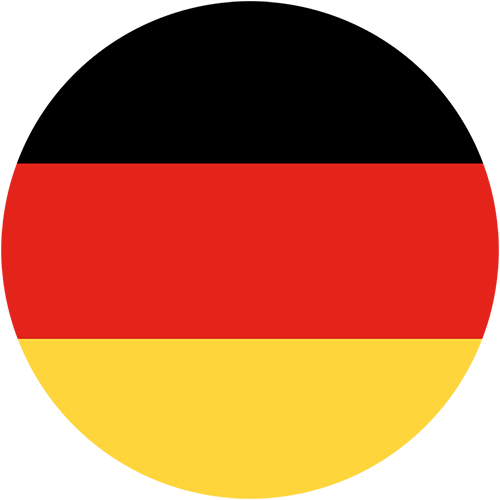
GERMANY
Nora Karara
Public Health, Berlin

Hungary
Zsofia Csizek
Department of Pediatrics, Semmelweis University, Budapest
Julia Erdi
Department of Pediatrics, Semmelweis University, Budapest

ITALY
Antonio Corsello
Lorenza Onorati
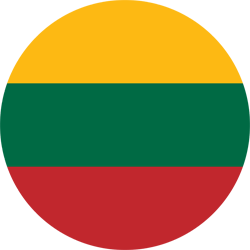
LITHUANIA
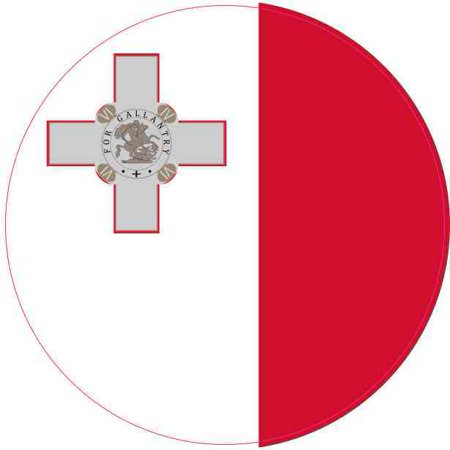
MALTA
Jamie Grech
Mater Dei Hospital, Malta
Alexandra Tortell

NORWAY
Farhan Saleem Ud Din
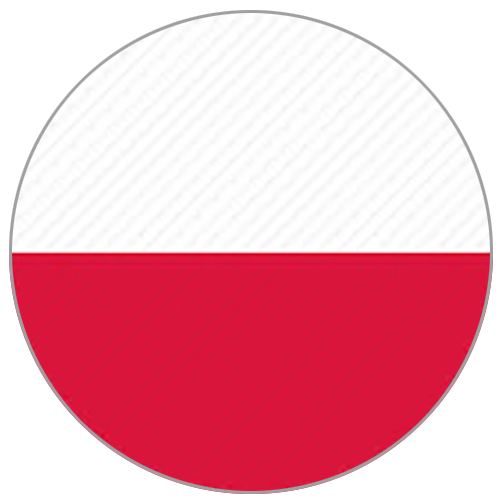
POLAND
Katarzyna Parcinska
University Clinical Center of the Medical University of Warsaw

PORTUGAL
Madalena von Hafe
Porto
David Gomes
Hospital do Espírito Santo de Évora

SLOVENIA
Nika Morgan
Masa Brumec
UKC Maribor

SPAIN
Arnau Álvarez Vila
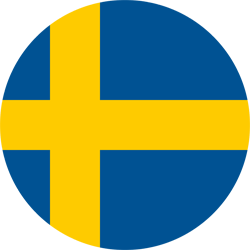
SWEDEN
Elin Doyle
Niyat Negasi
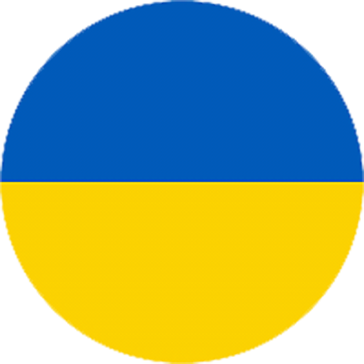
UKRAINE
Veronika Letychevska,
Kyiv

Türkiye
Berrak Nevin Öztosun

UNITED KINGDOM
Sian Copley
COLLABORATION WITH OTHER SECTIONS
EUROPE AND THE MEDICAL PROFESSION
European developments greatly impact the way in which medical specialists do their work and how junior doctors are being trained. Patients and health care professionals have the right to move freely within the European Union (EU). The freedom to receive services throughout the EU must be accompanied by guaranteed quality and safety. In addition, health care systems across Europe are increasingly inter-dependent and there is a tendency towards development of cross-border expert centers for rare diseases. As several health issues cannot be dealt with at the national level alone, the EU has an important role to play in improving public health, preventing and managing diseases, mitigating sources of danger to human health, and harmonising health strategies between European countries.The UEMS represents over 1.6 million medical specialists in all the different specialties. It also has strong links and relations with European Institutions (like the Commission and Parliament), the other independent European Medical Organisations and the European Medical / Scientific Societies. The UEMS sets standards for high quality healthcare practice that are transmitted to the Authorities and Institutions of the EU and the National Medical Associations stimulating and encouraging them to implement its recommendations. In addition, it operates at the European level to defend and promote the interests of Medical Specialists.
Through various bodies and structures, the UEMS represents more than 50 medical disciplines. The most important ones are the 43 Specialist Sections, which represent independently recognised specialties. The European Academy of Paediatrics (EAP/UEMS) is one of these Sections. The EAP consists of delegates from National Paediatric Societies, observers, UEMS Paediatric Subspecialty Societies and affiliated and related societies. Individuals (like paediatric trainees) can also become a member of the EAP.
Junior doctors in Europe are represented within the UEMS by representatives from the European Junior Doctors (EJD).
EUROPEAN REPRESENTATION OF PAEDIATRIC TRAINEES
The EJD represents over 300,000 junior doctors from all over Europe and has the objective to safeguard the interests of junior doctors in Europe by improving the working conditions and the mobility in the profession and setting standards regarding the quality of postgraduate medical training.The EJD send Representatives to the UEMS Boards, Sections and Multidisciplinary Joint Committees (MJC) as the input of doctors in training in the matters of postgraduate medical training is considered of paramount importance for both institutions. EJD representatives should also be part of the PGT visiting committees. The EAP has kindly invited the EJD for Paediatrics to be part of its Executive Committee and as such provide direct input to issues related to the promotion of European child health, the improvement of health standards and the European representation of professional interests.
The EAP recommends the standards for postgraduate training in paediatrics, advocates for children’s health across Europe, and represents the professional interests of paediatricians in Europe. In terms of medical training, the EAP/UEMS has the responsibility to promote harmonisation in paediatric training throughout its member states. Within the EAP, the European Board of Paediatrics (EBP) recommends the standards for specialist training in paediatrics and the maintenance of such standards. The EAP/UEMS is responsible for developing and updating curricula for paediatric training and the different recognized paediatric subspecialties. It is responsible for developing programs for the trainees and trainers, as well as accreditation for the teaching centres. EAP/UEMS is responsible for evaluation of the CME accreditations for the paediatric congresses and any form of new formats in postgraduate training in Europe. It is important to recognise that the national training standards within any country are determined by that country’s national training authority (NTA), although they should be guided by the recommendations that are endorsed by UEMS. Consequently, recommendations from the UEMS are not binding, but for many countries (both within and outside the EU) the European standards provide valuable support for the profession in maintaining adequate duration of training, and enabling the movement of professionals between countries.
The EAP is active in several advocacy areas, including antibiotic resistance, migrant health, chronic diseases (including obesity) and paediatric medicines. In these key areas, the EAP works closely with partners including the European Centre for Disease Prevention and Control, the International Society for Social Pediatrics and Child Health, and the European Public Health Alliance and with EAP subspecialty societies like the European Society for Paediatric Infectious Diseases and the European Society for Paediatric Gastroenterology, Hepatology and Nutrition. In addition, the EAP is member of the External Advisory Board of MOCHA (Models of Child Health Appraised), a study of paediatric primary healthcare in 30 European countries.



